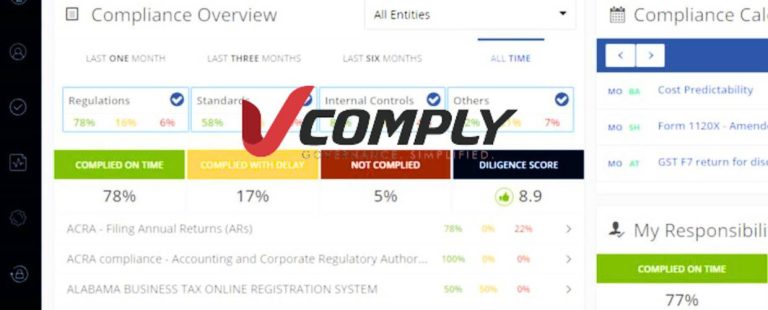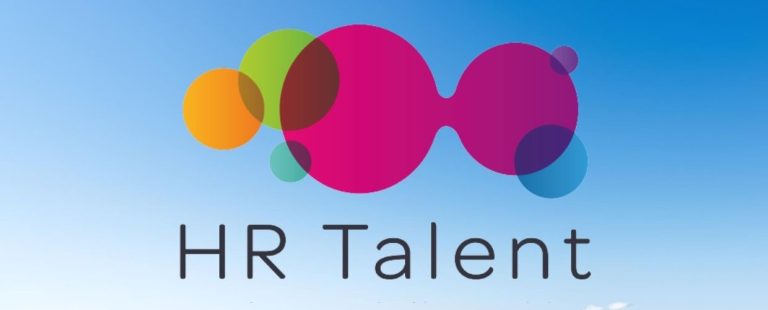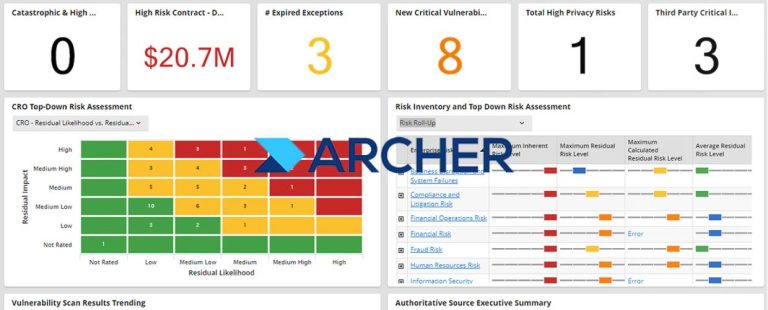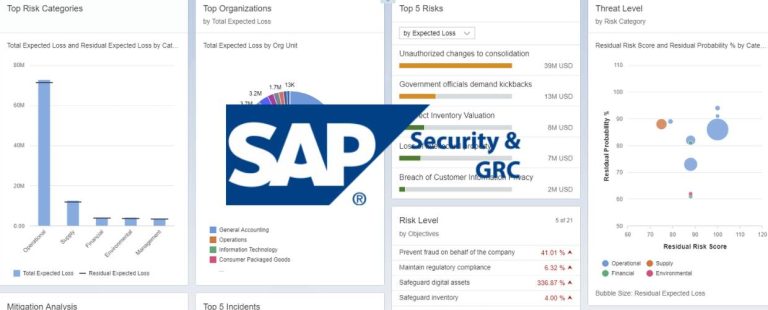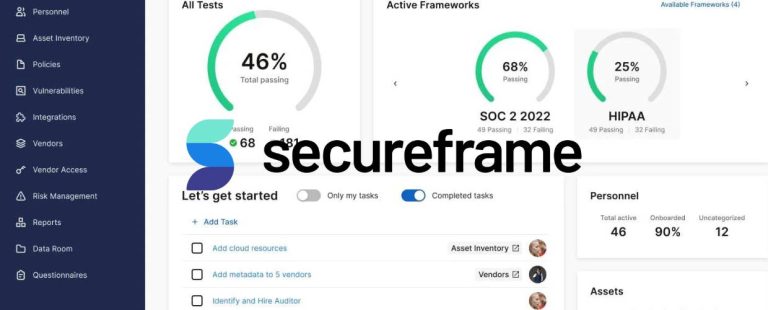In the fast-paced and highly competitive business landscape, organizations seek innovative solutions to optimize operations, improve efficiency, and adapt to digital transformation. This article will explore SAP ERP, its features, benefits, and transformative impact on organizations worldwide.
What is SAP ERP?
SAP ERP (Enterprise Resource Planning) has emerged as a leading software suite, empowering businesses across industries to streamline processes, enhance collaboration, and gain a competitive advantage. SAP ERP, developed by the German software company SAP SE, is a comprehensive suite of integrated business applications.
With a history of over four decades, SAP has established itself as a market leader in providing enterprise-level software solutions. SAP ERP encompasses many functionalities, including finance, human resources, procurement, sales, and supply chain management. The suite enables organizations to centralize and standardize their operations, facilitating efficient data flow across departments and enhancing collaboration.
Recommendations and Ratings
EXPERT RECOMMENDATIONS
Overall
-
Easy-of-Use - 75
-
Feature and Functionality - 80
-
Customer Support - 80
-
Setup and Integration - 65
-
Value of Money - 75
User Review
4 (1 vote)Key Features and Modules
SAP ERP comprises various modules that cater to specific business functions, providing organizations with a holistic approach to managing their resources effectively. Some key modules are given below.
Financial Accounting (FI)
The FI module streamlines financial processes, including general ledger, accounts payable/receivable, asset accounting, and financial reporting. It provides real-time financial data and supports regulatory compliance, aiding organizations in making informed financial decisions.
Human Capital Management (HCM)
The HCM module manages core HR functions, such as payroll, employee administration, talent management, and workforce planning. It enables organizations to optimize their workforce, align employee goals with business objectives, and ensure compliance with labor laws and regulations.
Supply Chain Management (SCM)
The SCM module integrates procurement, inventory management, production planning, and logistics. It optimizes the supply chain, reduces costs, minimizes lead times, and enhances customer satisfaction through improved order fulfillment and streamlined processes.
Sales and Distribution (SD)
The SD module supports sales processes, including order management, pricing, billing, and customer relationship management. It provides real-time visibility into sales activities, enables efficient order processing, and enhances customer service, improving customer satisfaction and increasing sales.
Benefits of SAP ERP
Implementing SAP enterprise solutions offers several significant benefits to organizations. Some of the benefits of SAP ERP are given below.
Enhanced Efficiency and Productivity
It automates manual processes, eliminating the need for redundant data entry and reducing the chances of errors. Organizations can achieve higher efficiency and productivity levels by streamlining operations and providing real-time access to information.
Integrated Data and Insights
SAP ERP integrates data from various business functions, providing a unified view of the organization’s operations. This integrated approach enables better decision-making based on accurate, up-to-date information, fostering data-driven strategies and improving overall business performance.
Improved Collaboration and Communication
With SAP, departments can seamlessly collaborate as information flows smoothly across functions. Enhanced communication and visibility enable faster response times, better coordination, and improved teamwork, leading to more efficient and effective business operations.
Scalability and Flexibility
SAP ERP is designed to cater to organizations of all sizes, offering scalability and flexibility to adapt to changing business needs. As organizations grow and evolve, they can accommodate their expanding requirements and support their digital transformation journey.
Regulatory Compliance
The software solution helps organizations comply with industry regulations and standards. It facilitates accurate financial reporting, supports audit processes, and ensures adherence to legal and regulatory requirements, mitigating compliance risks and promoting good governance practices.
Conclusion
SAP ERP has revolutionized organizations’ operations, enabling digital transformation and driving efficiency across all business functions. With its comprehensive suite of modules, integrated data flow, and numerous benefits, SAP remains a go-to solution for businesses seeking to streamline operations, optimize resources, and thrive in the digital age. By embracing SAP ERP, organizations can unlock their full potential and stay ahead in today’s dynamic business landscape.



